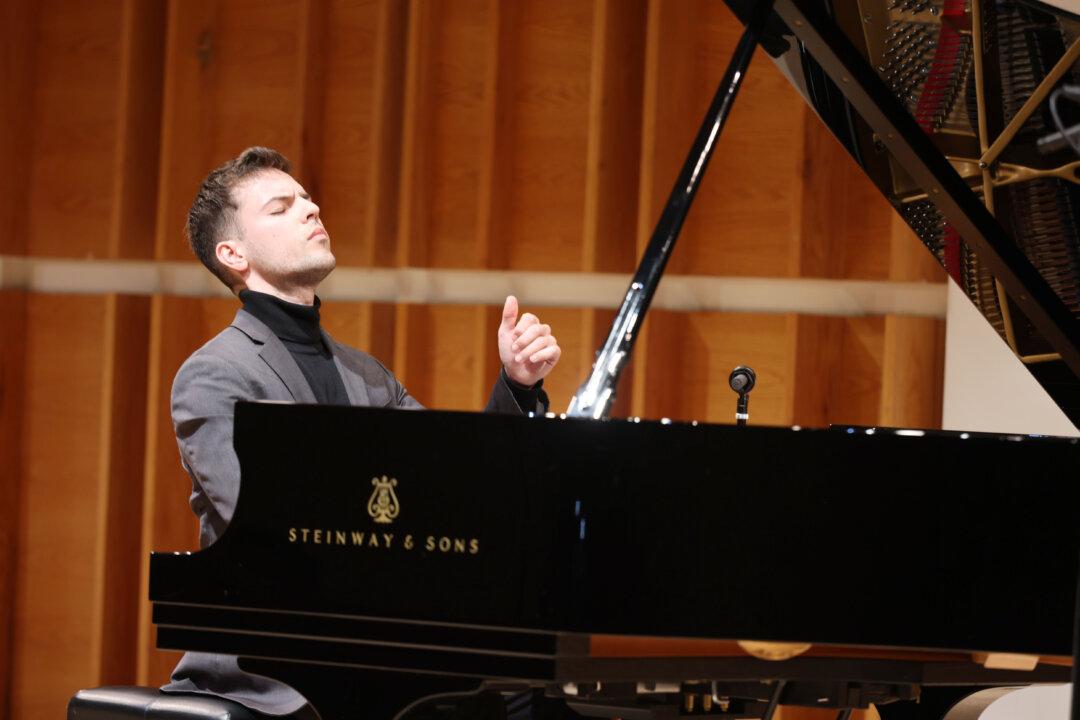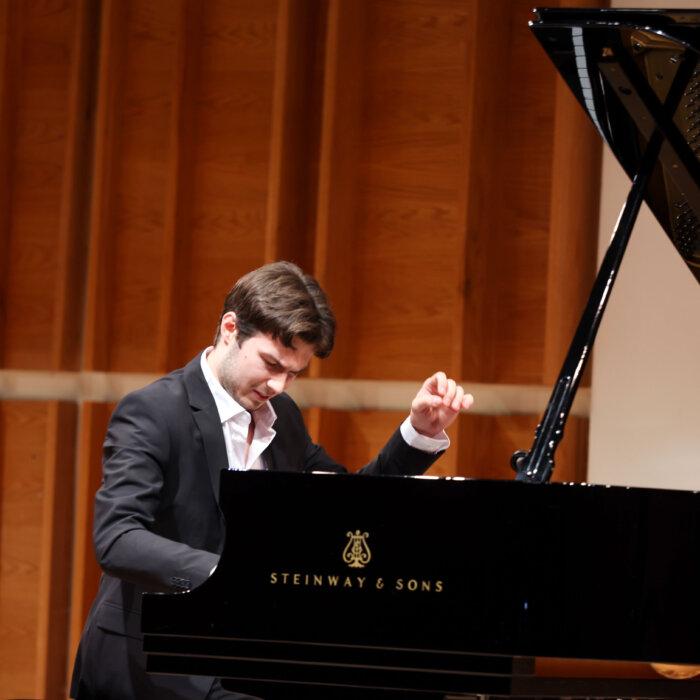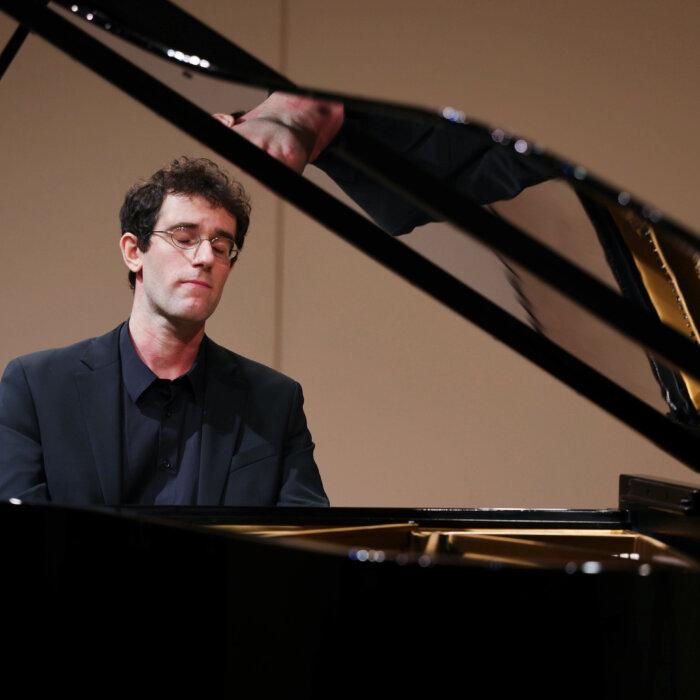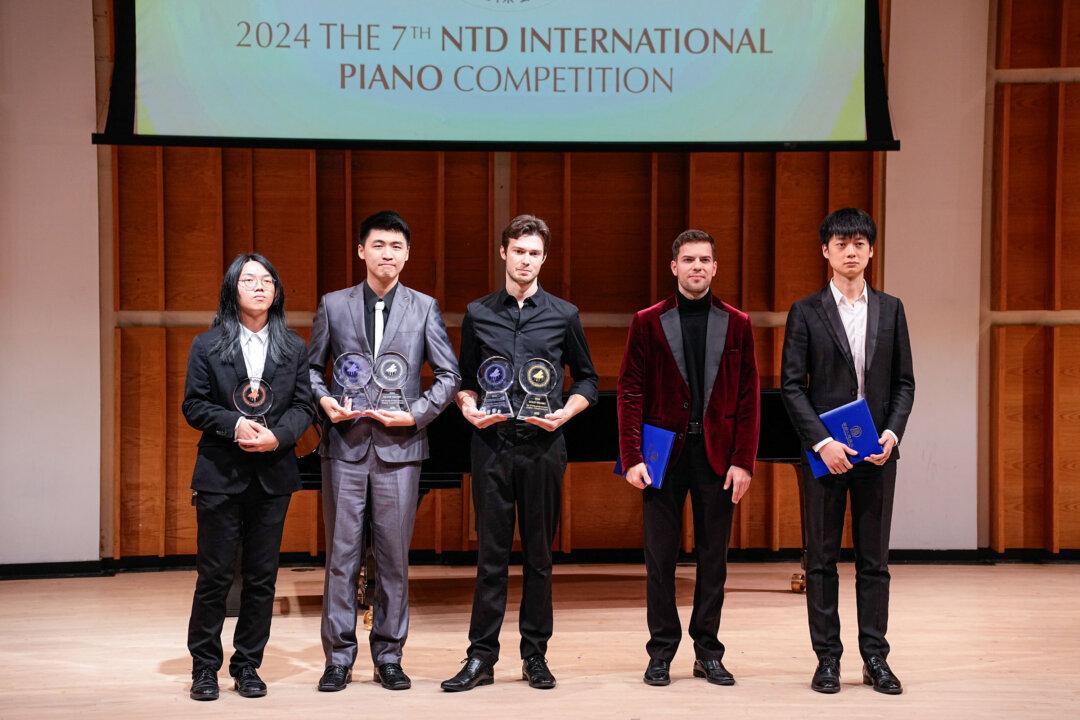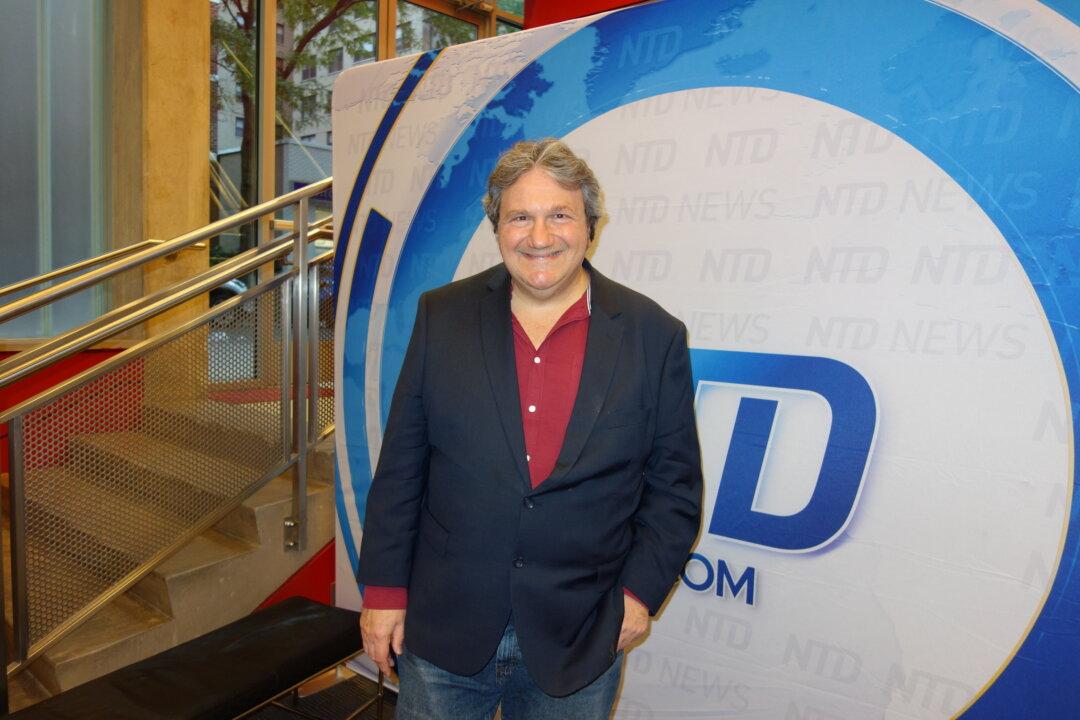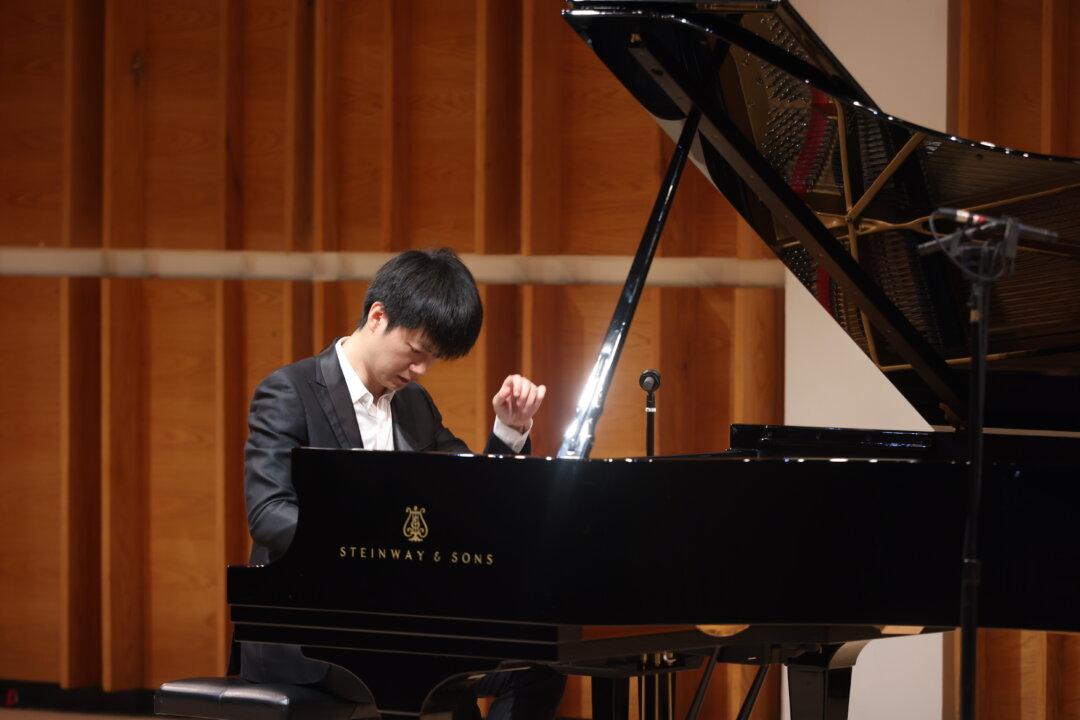Contestants from Europe, Asia, and North America advanced to the semifinal round of NTD’s 7th International Piano Competition on Oct. 16.
Among them was contestant Jean-Luc Therrien from Canada, who studied in Salzburg before basing himself in Toronto, where he is currently performing and teaching.
He expressed that it was interesting to dive into this repertoire because these composers saw the piano evolve.
“I am happy that this competition promotes [these pieces],” he said.
Contestants that made it to the semifinals also had the chance to perform a specially commissioned piece, rearranged from one of the vocal pieces composed by the artistic director of Shen Yun Performing Arts.
This year’s commissioned piece is called “Holy Grace.” Therrien expressed that certain moments of the piece felt “out of this world.”
He said that when playing this piece, the sound has to be different—celestial. There are moments when the sounds are like asking questions to the heavens, he said.
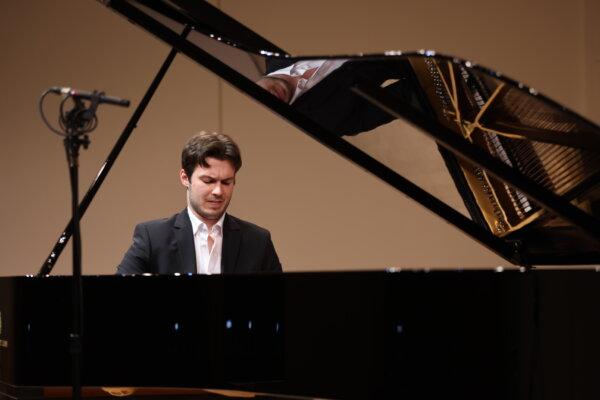
Robert Neumann from Germany was happy to perform in this competition because of the beautiful repertoire.
Neumann said that his definition of good music is music that makes sense and is beautiful.
He noted that the repertoire requirements included “music from the golden era for performers.”
Neumann also said he felt that the commissioned piece “Holy Grace” was extraordinary.
“The challenge was in how to assemble the colors that would be heard in an orchestral setting of the piece,” he said.
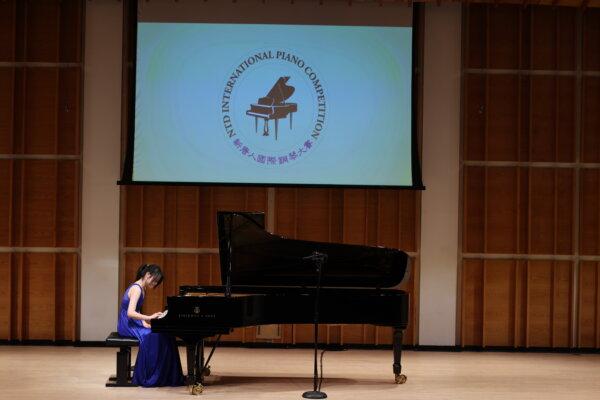
Shannon Chiang was a contestant from Taiwan, currently studying in the United States.
When she discovered that NTD’s piano competition features only baroque, classical, and romantic era repertoire, she was very pleased because these three are her favorite styles of music, she said.
Chiang said the music from these periods has beautiful harmony and clear form.
“Sometimes it can be difficult to understand contemporary music,” she said.
When practicing “Holy Grace,” Chiang noticed that the piece was a combination of Chinese melodies and Western music forms.
She found that imitating Chinese instruments such as the guzheng made playing the piece easier.
“I can almost hear which Chinese instrument it was trying to imitate,” Chiang said.
She also said she felt that the piece was reminiscent of human life: It begins and ends with peace but there is emotion and conflict in between.
Competition Schedule
Semifinals: Oct. 17, 10 a.m. ET Finals: Oct. 18, 1:20 p.m. ET Winners’ Concert: Oct. 19, 2 p.m. ET Awards Ceremony: Oct. 19, 4:50 p.m. ETAdmission tickets: $25

